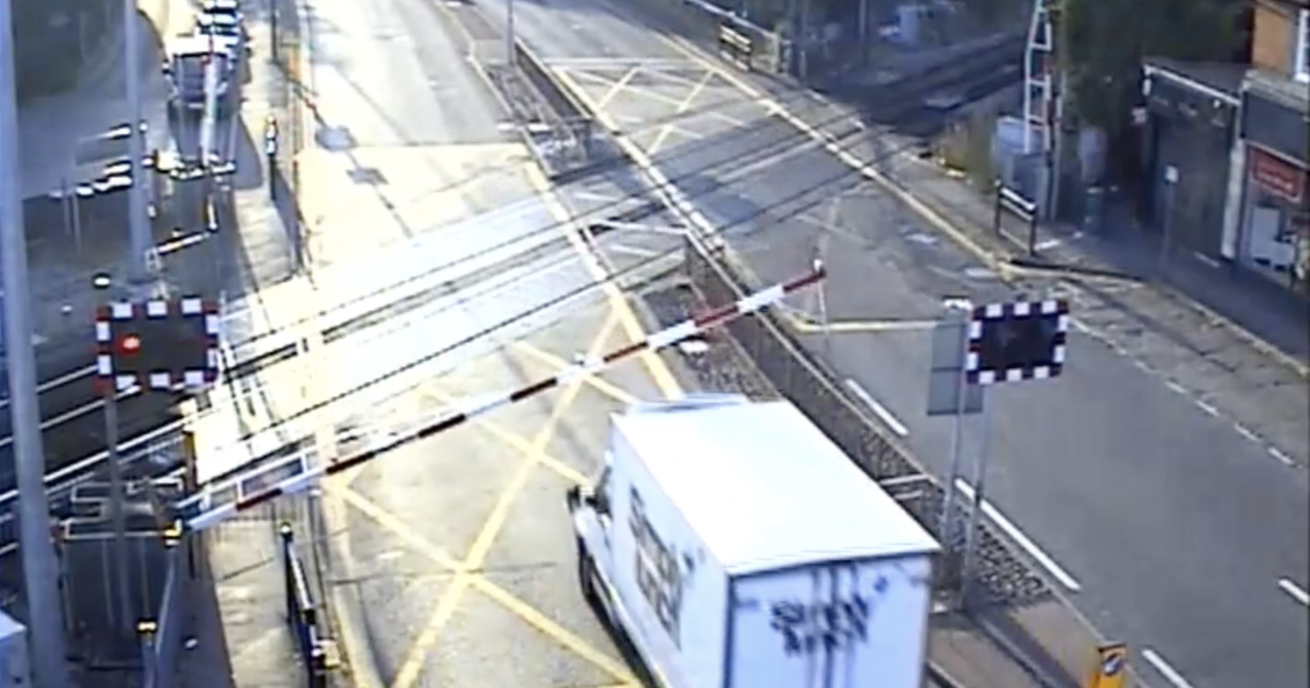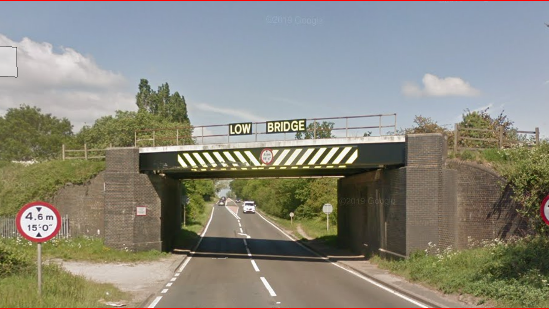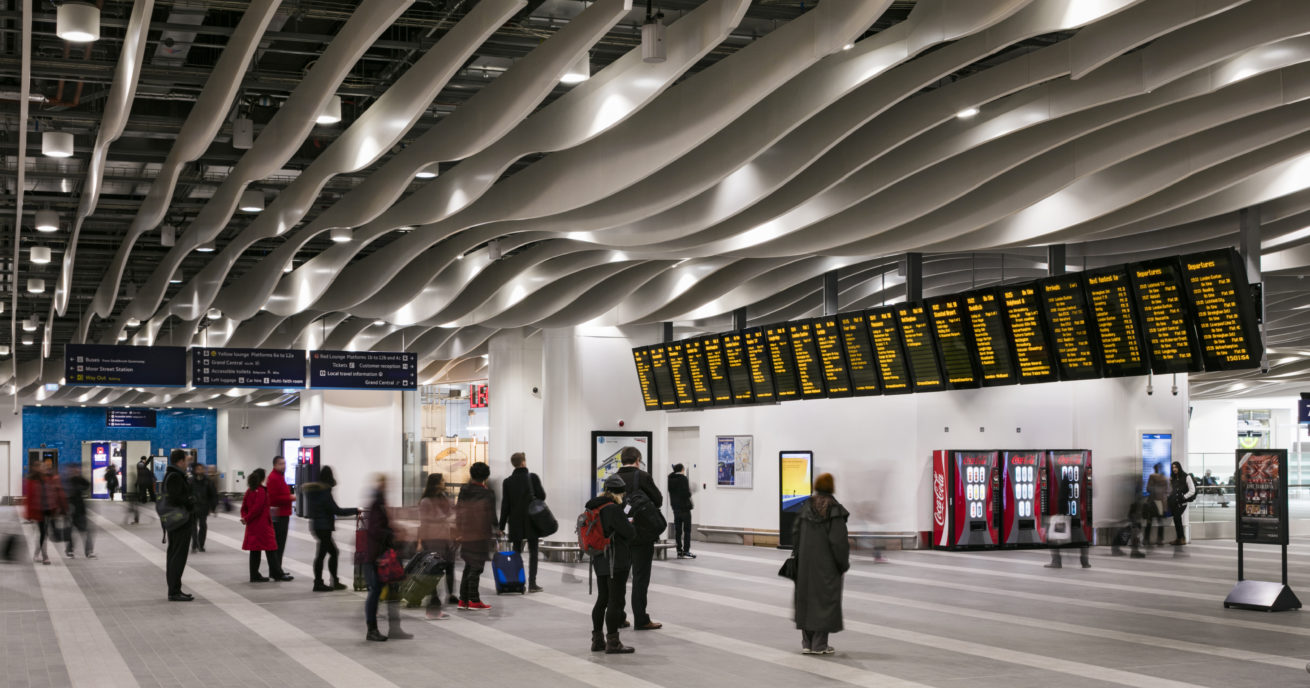Thursday 6 June is International Level Crossing Awareness Day.
Since 2009, ILCAD has drawn railway industry representatives, road authorities, academics and more from around the world to collaborate and raise awareness about level crossing safety.
There are about 6,000 level crossings in Britain. Every day they are used by thousands of people to cross one of the busiest rail networks in the world.
Trains can travel up to 125mph so it’s important to pay full attention and follow instructions and warnings in front of you. Nothing is more important than safety at a level crossing.
Watch shocking footage of drivers risking their lives – and others’ – by misusing level crossings:
This ILCAD, Network Rail will be working with professional drivers across the nation, to remind them how to use level crossings safely.
Our network of level crossing safety managers will be out and about at level crossings and working with companies with vehicle fleets, reminding professional drivers:
- Amber warning lights at road level crossings mean ‘Stop. A train is coming’.
- Nobody is allowed to cross when the red lights flash – not even emergency services.
- Wait for the all clear before proceeding to cross at a level crossing
- Never assume that there is only one train coming or think that they know the timetable to guess when a train might come.
- Beware of distractions. Loud music may mean the driver doesn’t hear alarms at level crossings or an oncoming train.
More than one in five professional drivers would base decision on what to do at a level crossing on their knowledge of the train timetable.
The shocking admission was revealed in a survey commissioned by Network Rail for ILCAD.
A staggering 23% of professional drivers have admitted that if they knew the train timetable and did not believe a train was due to arrive, they would drive over a level crossing.
The most common reasons cited for taking the risk was running late to make a delivery (12%) or a desire to finish work and get home early (16%).
This was despite an overwhelming majority of professional drivers knowing that all vehicles must stop for the warning lights at level crossings.
Britain has the safest railway in Europe but last year saw a 7% rise in the number of incidents at level crossings in Great Britain, causing over 93,000 minutes of delays to rail journeys.
Although professional drivers were responsible for roughly about 10% of those incidents, they had greater impact resulting in just over 43,000 minutes of delay, almost half (46%) of the total for the year.




